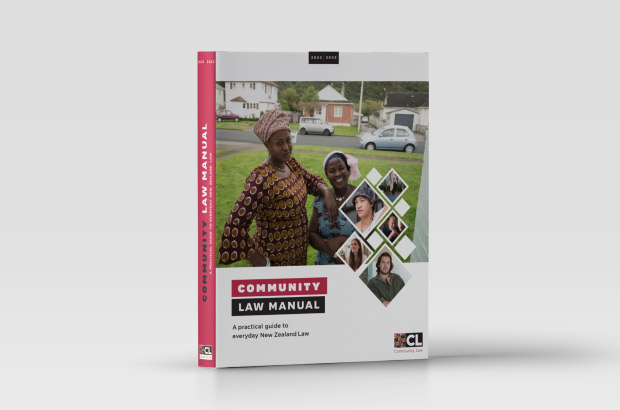Dealing with the deceased’s property: Wills, intestacy, and small estates
Introduction
Whose job is it to deal with the deceased’s property?
If there’s a will, this is done by the “executor” appointed by the deceased.
If there isn’t a will (or if the executor appointed can’t or refuses to act) this is done by the person acting as an “administrator”. Usually the administrator is a close relative who’s entitled to benefit from the deceased’s estate, as set out by the “laws of intestacy” (see: “Who gets the property if there’s no will?”).
Sometimes, the term “personal representative” is used to refer to whoever is doing the job of managing the estate, whether as an executor or as an administrator. In this chapter we’ll use the combined term “executor/administrator,” rather than “personal representative”.
This part of the chapter includes information about dealing with the deceased’s will and what happens when there isn’t a will. To find out about making your own will, (see: “Wills”).
What’s included in an “estate”?
The deceased person’s “estate” is all their property, including their personal possessions like clothes and jewellery, money in bank accounts, any house or other land they own (sometimes called “real” property), proceeds from insurance policies, and shares in companies.
What if something was owned jointly?
The estate might not include property that the deceased owned jointly with someone else, depending on how the ownership is structured.
If the deceased held money in a joint bank account, the other joint owner will immediately own the money in full. That account won’t be part of the deceased’s estate. This is sometimes called the law of “survivorship”.
For example, if the deceased owned a house with their partner, the house may or may not be included in the estate, depending on how the ownership is structured.
If they owned the house together, or jointly, this is known as “joint tenants”. The deed to the property would say something like: “Owned by [name] and [name]”. In this case, the other partner becomes the sole owner of the house as soon as the deceased died. The surviving person will need the help of a lawyer to transfer the property into their sole name.
If they each owned a share of the house, this is known as “tenants in common”. The deed to the property would say something like: “Owned by [name] as to a ½ share, and [name] as to a ½ share”. In this case, the deceased’s share of the house would be included in their estate and passed to whoever is named in the will.
Although these terms refer to “tenants,” in this context they are about ownership, not about renting or leasing property.
Note: These rules about “survivorship” apply to all joint owners (not just partners of the deceased), and could involve multiple owners. For more information about how property might be divided if the deceased had a partner, see: “Relationship property laws if your partner has died”.
What does an executor/administrator need to do?
If the estate is worth more than $15,000, the executor/administrator needs to apply to the courts to get approval to deal with the property (either by getting “probate” if there’s a will, or getting “letters of administration” to act as the administrator). Court approval isn’t needed if the estate is less than $15,000 (unless there’s a dispute as to who will be the administrator).
Once the executor/administrator has approval to deal with the estate, they’ll need to:
- get the deceased’s estate ready to distribute to the people entitled to it, by
- identifying all of the deceased’s property,
- dealing with any claims that someone might have against the estate (for example, a relative left out of the will), and
- paying any taxes and debts that might be due out of the estate
- then distribute all the remaining property to the people entitled to it under the will or under the rules of intestacy.
These tasks are all explained in the sections below.
The administrator/executor might also have to deal with extra administrative tasks such as closing the deceased’s accounts with their bank, power company, telephone company, or subscription services. As an executor/administrator you’ll sometimes need to provide the company with a death certificate, and/or evidence that you have the authority to act as the executor/administrator.
Who’s allowed to see the will?
Before someone dies, they don’t have to show anyone their will if they don’t want to. If they’ve had help from a lawyer to write their will, their lawyer has to keep it confidential.
Once someone dies, their executor can see the will, and can decide who else can see it. The executor has to be in touch with all beneficiaries named in the will and let them know that they are beneficiaries. The executor can also choose whether or not to send the beneficiaries a copy of the will
Once the High Court has made an order granting probate (or granting letters of administration if there’s no will) the order becomes part of the public court records, and anyone can look at it (along with the will if there was one).
You can then apply to look at the will by contacting the High Court. Include the deceased’s full name and address, the date of their death and/or the date probate was granted (if known). There’s an administrative fee of $30.


